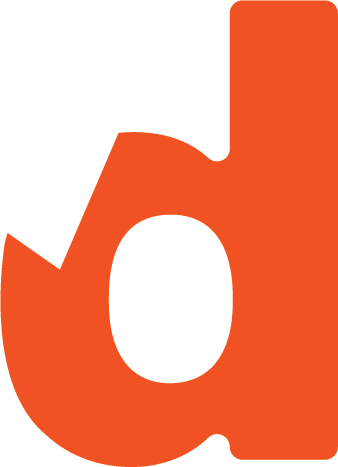ARENDALSUKA, Arendal Week
Pictures: Mona Hauglid
Arendalsuka, Norway
For one week every August, the city centre of Arendal transforms into a vibrant arena for the big questions of today and tomorrow. Through shared ideas, reflections, discussions, and debates, Arendalsuka (Arendal Week) seeks to build understanding and inspire participants to leave a little wiser than when they arrived.
Purpose and Vision
“Arendalsuka is an annual national forum where representatives from politics, NGOs, business, and the public meet to debate and shape policies for both the present and the future. Politically independent, Arendalsuka aims to strengthen trust in politics, encourage open debate, and highlight the power of democracy.”
Origins and Establishment
The idea for Arendalsuka was introduced by a group of national business leaders with ties to Arendal, inspired by Sweden’s Almedalsveckan. They presented the concept to the city’s mayor and the regional governor. Although the festival was officially founded in 2011, it was postponed due to the tragic events at Utøya and in Oslo that summer. The first Arendalsuka was therefore held in August 2012.
Organisational Structure
Arendalsuka is owned by the Municipality of Arendal, with the sitting Mayor serving as its formal leader, supported by the City Council. Day-to-day administration is handled by the municipality’s chief executive and a dedicated secretariat.
A separate programme committee is responsible for developing the main programme, while an Advisory Council—meeting six times a year—supports the work. This council brings together political leaders from Southern Norway, regional heads of trade unions and employers’ associations, as well as a representative from the local university.
Location and Duration
Arendalsuka is a five-day festival held every August in the coastal city of Arendal, located 260 km south of Oslo. The city has a population of around 45,000 and provides a unique seaside setting for political and civic engagement.
Size – Participants and Events
The festival attracts approximately 190,000 visits, representing about 72,000 unique attendees. In 2025, the official programme featured 1,287 organizers, 2,287 events, and 160 venues across the city. In addition, around 200 exhibitions and installations were displayed throughout Arendal, transforming the city centre into a dynamic meeting place.
Who Attends
Arendalsuka brings together politicians, NGOs, corporate leaders, media, and citizens. A strong focus on youth participation is ensured through Arendalsuka Ung (Youth), which involves around 6,000 children and young people aged 4–19 each year.
PROGRAMME
Main programme
The main programme, consisting of around 30 events, focuses on major international political issues and challenges. Curated by the main programme committee, it features thought-provoking perspectives and contributions from prominent international speakers. The public is invited to propose topics and ideas, ensuring broad relevance and engagement.
Open Programme
Beyond the main programme, 2,287 events were held in 2025. Anyone can apply to organize an event, provided it meets Arendalsuka’s criteria: events must be free of charge, open to all, and contribute to societal value. Applications are managed by the project group, which also engages with stakeholders throughout the year to maintain quality and foster collaboration.
Arendalsuka Ung – Arendalsuka Youth
Children and young people are recognized as essential participants in democracy. Arendalsuka Ung includes around 70 youth-focused events, tailored to different age groups and designed to inspire democratic engagement and active citizenship.
Political Participation
Political parties are deeply involved in Arendalsuka. The secretariat meets with national and regional parties every year to plan and evaluate the programme, ensuring broad political legitimacy.
One of the highlights is a live televised debate between parliamentary party leaders on NRK (the Norwegian Broadcasting Corporation). Each parliamentary party has its own Arendalsuka coordinator, responsible for logistics, accommodation, and event participation.







